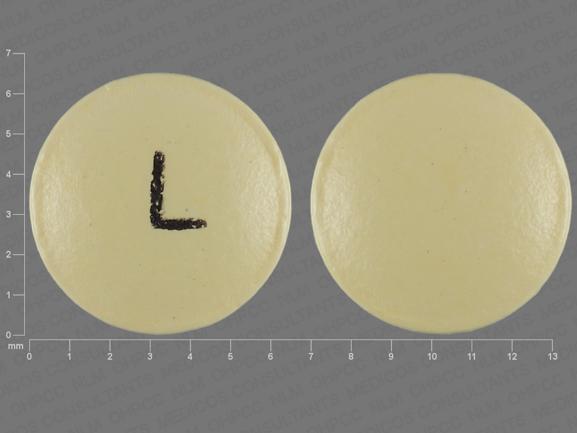Aspirin Interactions
There are 378 drugs known to interact with aspirin, along with 9 disease interactions, and 2 alcohol/food interactions. Of the total drug interactions, 61 are major, 275 are moderate, and 42 are minor.
- View all 378 medications that may interact with aspirin
- View aspirin alcohol/food interactions (2)
- View aspirin disease interactions (9)
Most frequently checked interactions
View interaction reports for aspirin and the medicines listed below.
- Benadryl (diphenhydramine)
- Colace (docusate)
- CoQ10 (ubiquinone)
- Crestor (rosuvastatin)
- Cymbalta (duloxetine)
- Eliquis (apixaban)
- Fish Oil (omega-3 polyunsaturated fatty acids)
- Flonase (fluticasone nasal)
- Jardiance (empagliflozin)
- Lantus (insulin glargine)
- Lasix (furosemide)
- Lipitor (atorvastatin)
- Lyrica (pregabalin)
- Metoprolol Succinate ER (metoprolol)
- Metoprolol Tartrate (metoprolol)
- MiraLAX (polyethylene glycol 3350)
- Nexium (esomeprazole)
- Norco (acetaminophen / hydrocodone)
- Norvasc (amlodipine)
- Ozempic (semaglutide)
- Plavix (clopidogrel)
- Protonix (pantoprazole)
- Synthroid (levothyroxine)
- Tylenol (acetaminophen)
- Vitamin B12 (cyanocobalamin)
- Vitamin C (ascorbic acid)
- Vitamin D2 (ergocalciferol)
- Vitamin D3 (cholecalciferol)
- Xanax (alprazolam)
- Zyrtec (cetirizine)
Aspirin alcohol/food interactions
There are 2 alcohol/food interactions with aspirin.
Aspirin disease interactions
There are 9 disease interactions with aspirin which include:
- coagulation
- asthma
- GI toxicity
- renal dysfunction
- Reye's syndrome
- anemia
- dialysis
- G-6-PD deficiency
- hepatotoxicity
More about aspirin
- aspirin consumer information
- Compare alternatives
- Pricing & coupons
- Reviews (53)
- Drug images
- Latest FDA alerts (3)
- Side effects
- Dosage information
- Patient tips
- During pregnancy
- Support group
- Drug class: platelet aggregation inhibitors
- Breastfeeding
Related treatment guides
Drug Interaction Classification
| Highly clinically significant. Avoid combinations; the risk of the interaction outweighs the benefit. | |
| Moderately clinically significant. Usually avoid combinations; use it only under special circumstances. | |
| Minimally clinically significant. Minimize risk; assess risk and consider an alternative drug, take steps to circumvent the interaction risk and/or institute a monitoring plan. | |
| No interaction information available. |
See also:
Further information
Always consult your healthcare provider to ensure the information displayed on this page applies to your personal circumstances.


